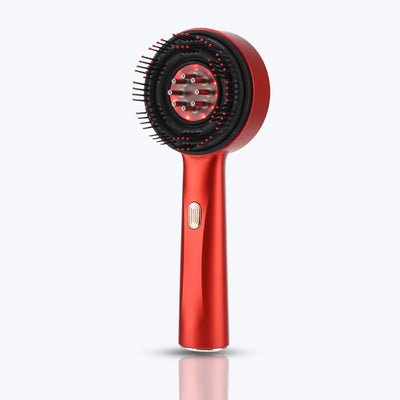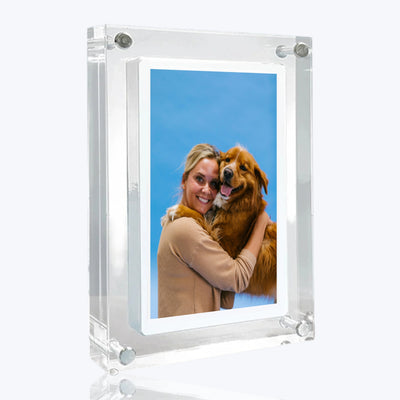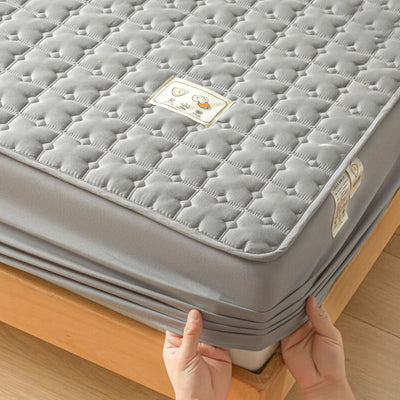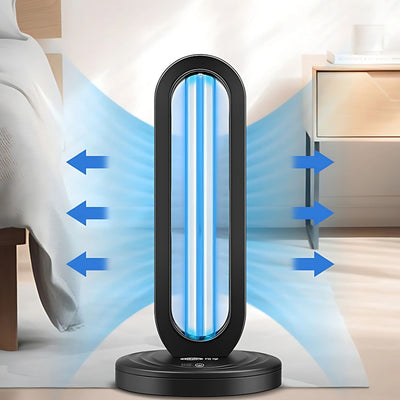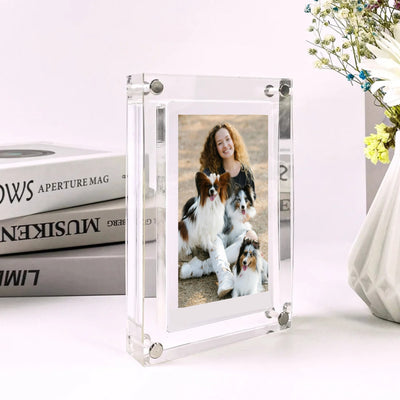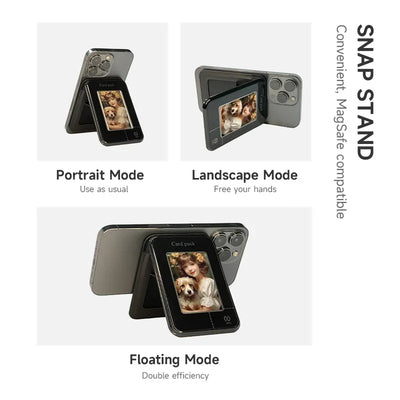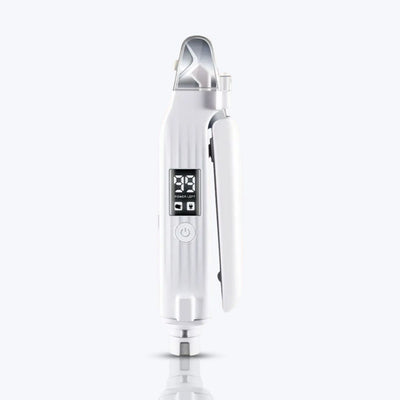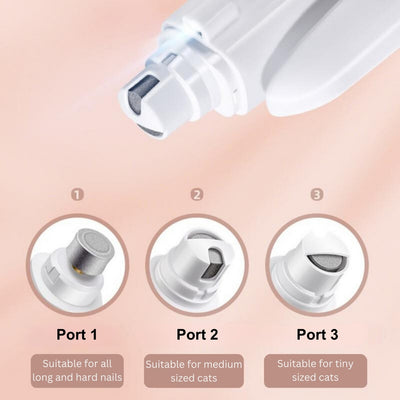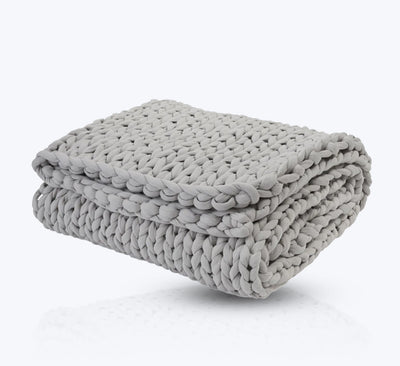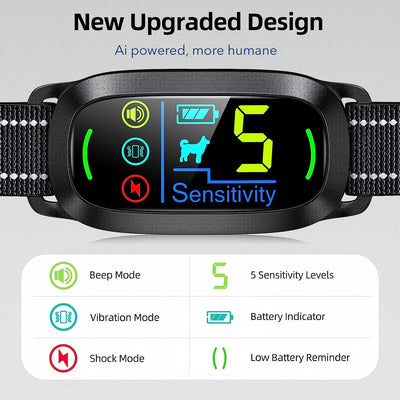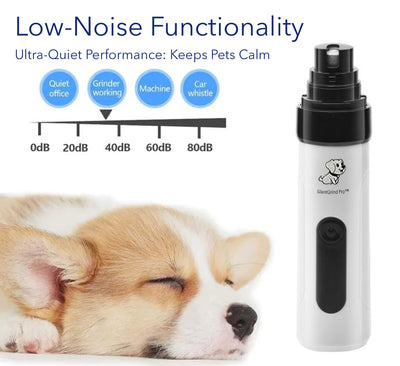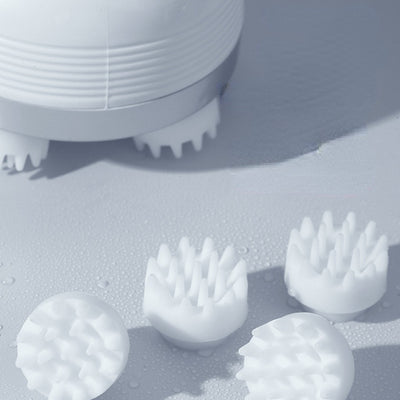Dog anxiety is a common yet challenging issue that many pet parents face. It can manifest in various ways, from excessive barking and destructive behaviour to more subtle signs like restlessness or loss of appetite. Understanding the root causes of anxiety in dogs and knowing how to manage it effectively can significantly improve your dog's quality of life—and yours too.
Common Causes of Dog Anxiety
Separation Anxiety: This is one of the most prevalent forms of anxiety in dogs. It occurs when dogs become stressed or panicked when left alone, leading to behaviours such as chewing, digging, or attempting to escape.
Fear-Related Anxiety: Loud noises like thunderstorms, fireworks, or even the vacuum cleaner can trigger fear-related anxiety in dogs. Unfamiliar people, animals, or environments can also be anxiety-inducing.
Social Anxiety: Some dogs may feel anxious around other dogs or people, especially if they weren't well socialised as puppies. This can result in behaviours like excessive barking, lunging, or even aggression.
Environmental Anxiety: Changes in a dog's environment, such as moving to a new home or the introduction of new household members, can cause anxiety. Dogs may also develop anxiety in specific settings like the vet’s office or boarding facilities.
Rescue and Shelter Anxiety: Dogs that have been adopted from shelters or have a history of trauma may carry the emotional scars of their past, leading to anxiety in their new home.
Recognising the Signs of Dog Anxiety
Dogs can't verbally tell us when they're anxious, so it's crucial to recognise the signs. These may include:
- Excessive barking or whining
- Destructive behaviour (chewing, digging)
- Aggression towards people or other animals
- Restlessness, pacing, or shaking
- Loss of appetite or refusal to eat
- Excessive licking or grooming

Practical Tips for Managing Dog Anxiety
Create a Safe Space: Provide your dog with a quiet, comfortable place where they can retreat when feeling anxious. This could be a specific room, a crate, or a cosy bed like the Extra Soft Paw Bed. It is thoughtfully designed to provide comfort and help alleviate anxiety in dogs. The bed’s deep cushioning supports your dog’s body, offering a sense of security and calm that can reduce stress levels. The gentle, enveloping design mimics the comforting sensation of being cuddled, which is particularly beneficial for dogs who suffer from anxiety or need a safe place to retreat.

Maintain a Consistent Routine: Dogs thrive on routine. Consistency in feeding times, walks, and bedtime can help reduce anxiety, as dogs will know what to expect and when.
Exercise and Mental Stimulation: Regular exercise helps burn off nervous energy and can be a great stress reliever for dogs. Mental stimulation through puzzle toys or training sessions also helps keep their mind occupied and reduces anxiety.
Desensitisation and Counter-Conditioning: These techniques involve gradually exposing your dog to the things that trigger their anxiety while pairing the exposure with positive experiences, like treats or praise. Over time, this can help change your dog's emotional response to the trigger.
Use of Calming Products: There are various calming products available, such as pheromone diffusers, calming supplements, or anxiety wraps like the Anti Anxiety Jacket. This jacket works by applying gentle, constant pressure to your dog’s torso, similar to a comforting hug, which can have a soothing effect on their nervous system. It’s especially useful during situations that typically cause stress, such as thunderstorms, fireworks, or being left alone. Made from soft, breathable fabric, it’s suitable for prolonged use and helps reduce anxiety in a natural, drug-free way.
Consult a Veterinarian or Professional Trainer: If your dog's anxiety is severe, consult with a veterinarian who may recommend medication or refer you to a professional dog behaviourist. Behaviourists can work with you to develop a tailored plan to address your dog’s specific anxiety issues.

Avoid Reinforcing Anxiety: While it's natural to want to comfort your dog when they're anxious, be careful not to reinforce their anxiety by over-coddling. Instead, act calm and assertive, and reward your dog when they display calm behaviour. 
Consider Natural Remedies: Some pet owners find that natural remedies like CBD oil or herbal supplements can help alleviate anxiety. Always consult with your vet before introducing any new supplements into your dog's routine.

Final Thoughts
Managing dog anxiety requires patience, consistency, and sometimes a bit of trial and error to find what works best for your furry friend. Remember, you're not alone in this—many pet owners face similar challenges, and there are resources and professionals available to help. By taking proactive steps, you can help your dog feel more secure and lead a happier, healthier life.

If you have any questions or need further assistance, don't hesitate to reach out to your vet or a qualified dog behaviourist. Together, you can create a plan that will make a world of difference for your dog’s well-being.

